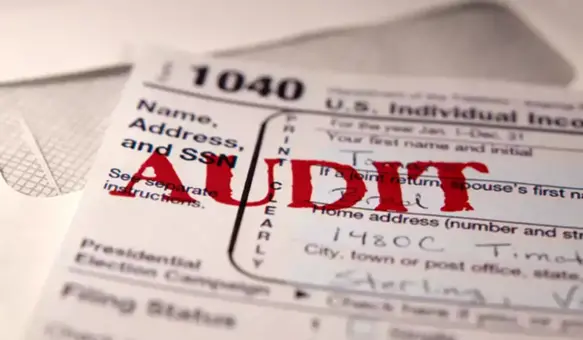Five Things You Need To Know Before You Move Abroad
Moving overseas means everything is new and different. That’s the attraction, for the most part. But sometimes, new and different just means more complicated. When it comes to overseas taxes, it’s better to learn as much as you can before you move. To avoid the most common pitfalls, here are five things you should know before you go:
1. When Moving Abroad, You Will Qualify for Special Credits and Exclusions
Some people don’t realize this, but when living and working overseas, as an Expat, you are still required to file a US tax return. You will qualify for certain exclusions and credits, however, that will make this a much more enjoyable experience.
When filing a US tax return from overseas, the two forms to remember are 2555 and 1116. Under Form 2555, a large amount of your income earned on foreign soil is protected and is not taxable (up to $91,500 in 2010) by the US Government. However, even if you earned less than $91,500, you must still file US taxes. You may then file Form 2555 to claim the exclusion. You may be liable for penalties and interest if you attempt to bypass the process.
Form 1116 is also helpful as it protects you from double taxation. If you are paying taxes to the foreign country in which you are residing, and if you file Form 1116 correctly, you may not be required to pay those same taxes to the US government. To qualify for this credit, you must be a recognized resident of the foreign country, however. This requires you to remain outside of the US for 330 of every 365 days. Form 1116 involves many restrictions and tax nuances, and it is wise to have professional help in completing it.
2. Each US State Has Its Own Regulations
Many US states continue to collect state tax even after you have moved overseas. It is important to know how your state handles expat matters and then adjust your plan accordingly. Wyoming, Washington, North Dakota, Nevada, Florida and Alaska have no state taxes. If you are moving abroad from one of these states, state tax is a non-issue. However, if you are moving from California, South Carolina, New Mexico or Virginia, these states make it incredibly difficult to avoid state taxation...even after moving abroad. In these cases, the way to avoid state tax is to prove to the state government that you have no intentions of ever moving back to that state. This is often difficult to prove, and it will usually involve updating all of your records and documents with a new permanent address. The best way to avoid state taxes, no matter the state, is to cut all physical ties (bank accounts, mortgages, bills, documents) before moving overseas.
3. What and How to: Mail Forwarding
Even in an electronic world, many things still come through the mail. Because of this, mail forwarding is an important thing to handle before moving abroad. To lighten the load, first choose the “paperless” option on as many bills and statements as you possibly can. E-mail moves with you automatically, so it’s a good thing to rely on before moving. If you do not want to pay for a mail forwarding service, simply make sure you have changed your address on absolutely everything that is important...especially anything pertaining to tax forms. If your address changes before you file your return, an official address change is accomplished by printing your new address on the mailing label. The IRS will note the change. If your address changes after you file, notify the IRS using form 8822. To receive your refund check, it is essential that the IRS has your correct address on file.
4. US Filing Dates and Relevant Extensions
The tax filing deadline for US residents is mid April. Normally, the day is April 15th, but if the 15th falls on a weekend or a holiday, the deadline is moved to the next available business day. For expats, though, the filing deadline is always June 15th. This is to allow for any paperwork delays that might occur as a result of your country’s differing schedule. You may also file (via Form 4868) for an extension until October 15th (but you must apply for the extension by June 15th). Note that the extended deadlines do not apply to owed taxes, however. Anything owed to the IRS will begin to accrue interest as of the official US deadline. Additionally, the deadline for FinCEN 114 (FBAR - discussed in the next section), is April 15, 2017.
5. Rules Regarding US Versus Foreign Income
It is important to understand the difference between US earned income and foreign earned income. Any income you earn through US investments, rental properties, etc. will be taxed just as if you were living in the US. Income earned on foreign soil is taxed differently. The Foreign Earned Income Exclusion allows expats to exclude a large amount ($91,500) of income earned on foreign soil. The Foreign Earned Income Exclusion is filed through Form 2555.
Additionally, you must disclose all offshore bank accounts assuming you have at least $10,000 USD (or the equivalent in foreign currency), in all accounts combined, at any point during the year. You must report this amount to the US Treasury via Form FBAR (FinCEN 114). This is not always as straightforward as it sounds, and professional help is recommended. Failure to report may result in heavy fines (upward from $10,000) and/or prosecution.
There are many things to remember when moving abroad. Settling the financial and tax issues ahead of time will allow for a much smoother transition into expat life. Hiring a expat professional, from the get go of life as an expat, will allow you to truly relax and enjoy your new life.



